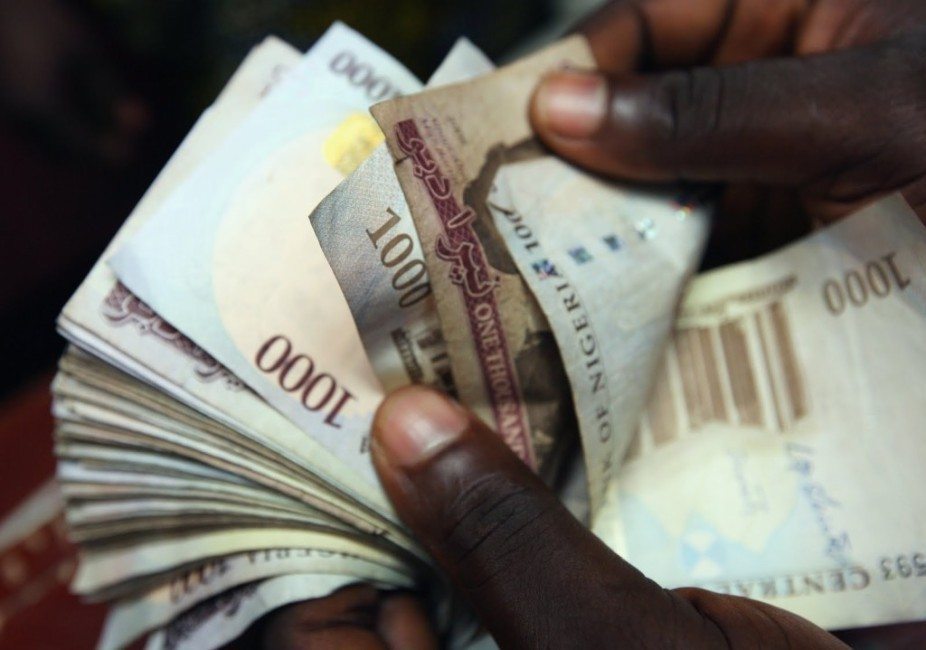The World Bank has recently released a report titled “Africa’s Pulse: An analysis of issues shaping Africa’s economic future (October 2023 | Volume 28),” and the findings regarding the Nigerian Naira are quite concerning.
Touchaheart Nigeria reports that according to the report, the Naira has been ranked among the worst-performing currencies in Sub-Saharan Africa, and its value has significantly weakened by 40 percent since the mid-June 2023 devaluation.
A Regional Currency Crisis
The Naira is not alone in facing these challenges.
The report points out that the Angolan kwanza also shares the unfortunate distinction of being one of the worst-performing currencies in the region.

Both these currencies have seen a year-to-date depreciation of nearly 40 percent.
Causes of the Naira’s Decline
The report sheds light on the factors behind the Naira’s sharp depreciation.
One of the key triggers was the central bank’s decision to remove trading restrictions on the official market.
This policy change had a significant impact on the Naira’s value.
A Regional Trend
It’s not just Nigeria and Angola that are grappling with currency depreciation.
Several other African countries are also facing significant losses in the value of their currencies.
South Sudan has seen a depreciation of 33 percent, while Burundi is experiencing a 27 percent decline.
The Democratic Republic of Congo, Kenya, Zambia, Ghana, and Rwanda are among the nations that have also witnessed their currencies lose value, with depreciation percentages ranging from 11 to 18 percent.
Inflationary Challenges
The report highlights that the parallel exchange market rates are exacerbating inflationary problems in some African countries.
The weakening of local currencies can lead to rising prices of imported goods, putting additional pressure on already strained economies.
The Kwanza’s
For the Angolan kwanza, the situation is no less dire.
The report attributes the kwanza’s woes to the central bank’s decision to stop defending the currency, primarily due to low oil prices and increasing debt payments.
This change in policy has further contributed to the currency’s decline.
What You Should Know
The World Bank’s report paints a worrying picture of the economic challenges faced by several African countries, including Nigeria and Angola.
The depreciation of their currencies has far-reaching implications, from inflationary pressures to increased economic instability.
It remains to be seen how these nations will navigate these difficult financial waters and work towards economic stability in the coming months and years.



































































